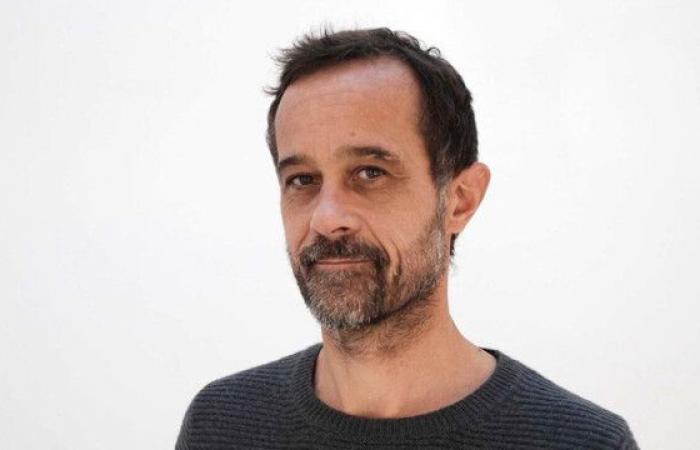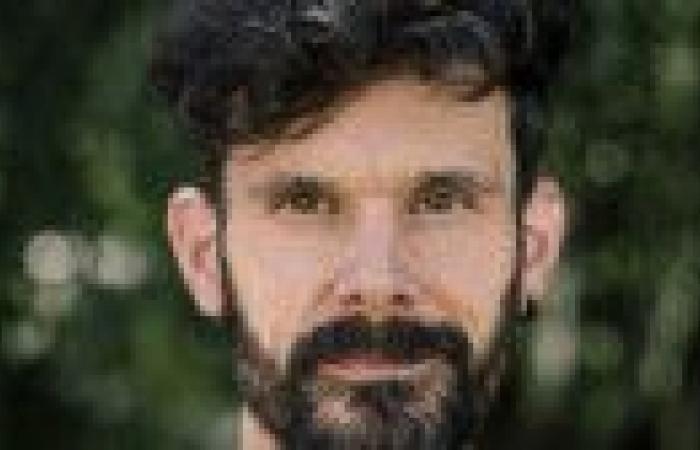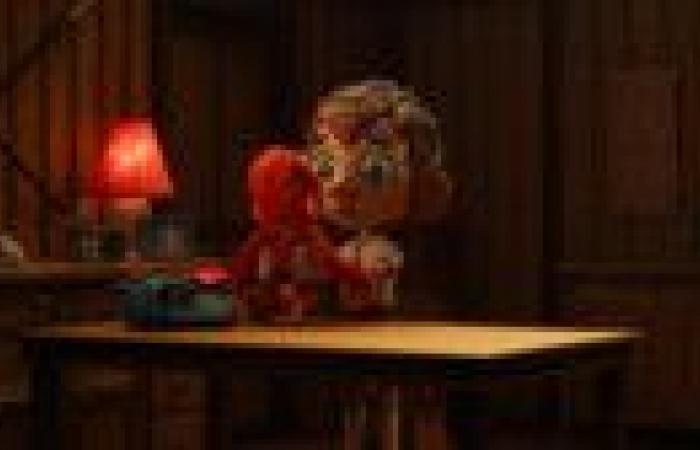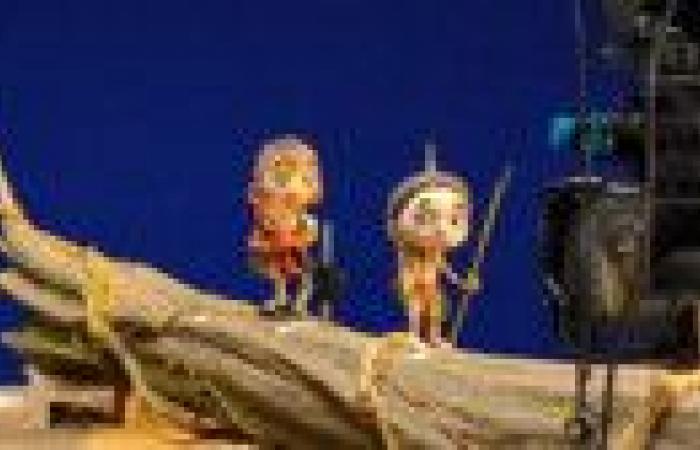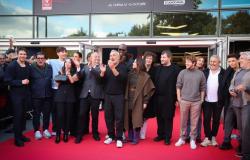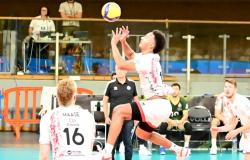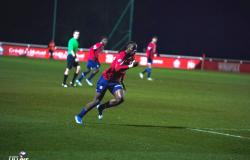After Cannes, Annecy, Locarno, Fantoche le FFFH and Animatou, the highly anticipated “Sauvages!” finally arrives in cinemas, eight years after “My Life as Courgette”. Meeting with Claude Barras, Valais craftsman.
(Comments collected and formatted by Marine Guillain)
Cineman: For you, what is the craziest thing about being an animator?
Claude Barras: I think it’s working like an artisan, with your own hands, to make something tangible. When we put these puppets in the light and we start to make them move, even for us, it’s a small miracle, we have the impression that they are alive.
How did the recording of the voices go, notably with Michel Vuillermoz (the evil foreman), Benoît Poelvoorde (Kéria’s father) and Laetitia Dosch (Jeanne, a biologist)?
CB: We recorded the vocals in Belgium with the team who also takes care of post-production sound. We were in the studio and played the sequences while moving, to record the voices in action. It’s a bit like a theater rehearsal, the idea is to make it sound as natural as possible.
Some characters in “Sauvages” speak in Penan, the language of the ethnic group in which the story takes place, but others use Swiss expressions, such as “Ya pas le feu au lac!”: where does this idea come from ?
CB: It’s Laetitia Dosch’s contribution! She has a strong connection to nature and animals and I really like her humor, so she was perfect to be the voice of Jeanne, a Swiss biologist inspired by Bruno Manser.
In fact, Bruno Manser, Swiss environmental activist, inspired you a lot for this feature film…
CB: Yes, I heard about him when I was a teenager. He went to live in the forest and he lived with the Penan people in Borneo. His publicized actions against logging companies revolted me against our society.
Claude Barras on “Sauvages!” : “With the Penan people, I became aware of what I wanted to tell”
© Frenetic Films AG
And what did you really want to say?
CB: Modernity has uprooted us all. It is supposed to allow us to live in a freer world, but in reality it cuts us off from others, from nature and from real life.
Is the story of “Sauvages” then universal?
CB: Yes. There are interesting things in the transmission between generations and tradition. I question all of this in the film and that’s what makes it universal. I hope that it will move people and make people ask questions about the world in which we live.
Can we talk about committed cinema?
CB: I think that since I spend seven years on a film, it must come from the gut. In my opinion, telling a story is one of the most political acts you can do.
Some Penan came to the Cannes Film Festival for the premiere of the film…
CB: Yes, it was incredible that they were there! They helped me a lot with writing the script, particularly for the parts related to traditional life. Some also did voices on the film. We tried to represent all the details as realistically as possible.
For you, what was the biggest difference between “Ma vie de Courgette” and “Sauvages”?
CB: The length of the film! We can’t imagine, but “Savages!” lasts 1h20, it’s almost 30% longer than “Ma vie de Courgette”, which lasted 1h06, so the workload is much larger! In addition, the puppets in “Sauvages” are more sophisticated and the setting more complex, because it is an exterior setting.
How did you experience filming in Martigny?
CB: It was extremely demanding collective work, because we were constantly focused. But at the same time, we were so well prepared that it was pleasant, we met deadlines, everyone was in their place. It’s a bit like being in a magical bubble for eight months.
In theaters October 16.
More information on “Sauvages!”
Trailer for “Savages!”
The Cineman editorial team also recommends:



